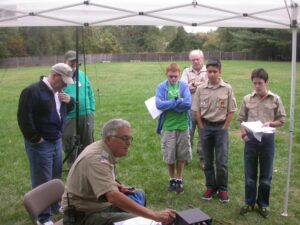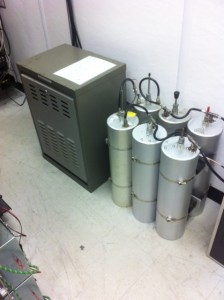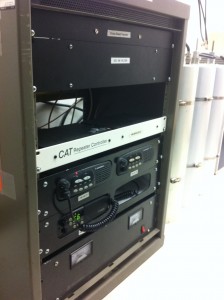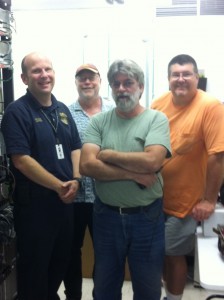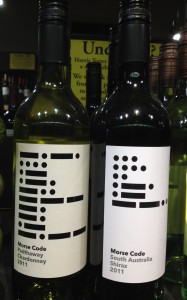The Scout Jamboree On The Air (JOTA) is an on-air event centered around scouting. Cub Scouts, Boy Scouts, Girl Scouts and other members of scouting work with ham radio mentors to make contacts on the air. This is one of the best ways to get the Amateur Radio merit badge.
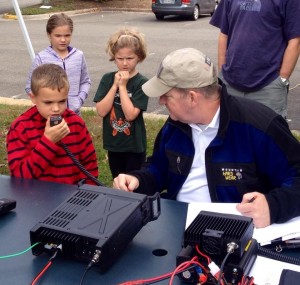
This world-wide event is in its 57th year and it is intended to introduce scouts to ham radio, and let them talk to other scouts around the world, or around the country. There is a companion event, Jamboree On The Internet.
Lots of information at http://www.scouting.org/jota.aspx
Some of the calling frequencies the JOTA website above lists include:
- 40M – 7.190
- 20M – 14.290
- 15M – 21.360
KI4YBH will be setup with scouts at the LDS Church, 2034 Great Falls St, Falls Church, VA, hoping to get on the air at 0700, until 2200.
All pictures in this post were taken at special event station W4B.
